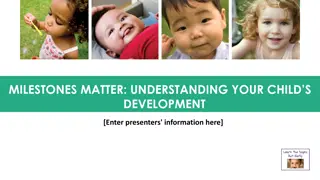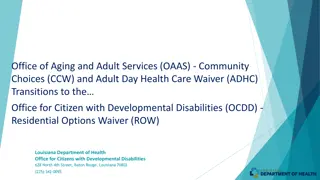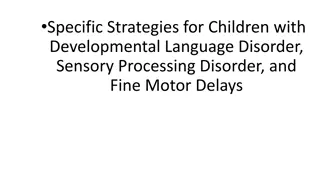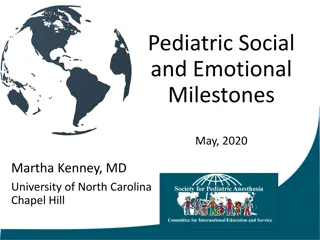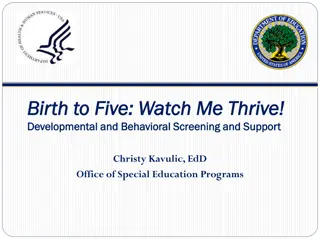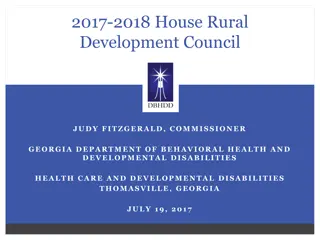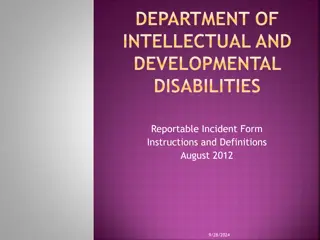
Influential Factors in Early Child Development
Explore the essential factors influencing child development, including poverty, nutrition, and the environment. Learn how these factors impact children's physical, social, and cognitive growth, and discover strategies to promote positive development in early childhood.
Download Presentation

Please find below an Image/Link to download the presentation.
The content on the website is provided AS IS for your information and personal use only. It may not be sold, licensed, or shared on other websites without obtaining consent from the author. If you encounter any issues during the download, it is possible that the publisher has removed the file from their server.
You are allowed to download the files provided on this website for personal or commercial use, subject to the condition that they are used lawfully. All files are the property of their respective owners.
The content on the website is provided AS IS for your information and personal use only. It may not be sold, licensed, or shared on other websites without obtaining consent from the author.
E N D
Presentation Transcript
Child development is the period of physical, social/emotional and cognitive growth from birth to early adulthood. These categories of developmental milestones cover both the physical and psychological changes children experience as they grow. These goals, however, can be profoundly influenced by internal and external factors. Every child is different, and development and learning progress at different rates. These factors, or influencers, play important roles in early childhood development. The next few slides, highlight three important factors to help keep new parents updated on these roles to help promote positive development in early childhood. 2
Poverty Poverty effects 1 in 6 children in the US. Children at every stage of development are affected negatively by impoverished environment. Poverty can make developing children experience hunger, increased risk of illness, instability, hunger and stress. Stress and malnutrition can lead to adverse changes in the cardiovascular system, the immune system and the neuroendocrine and cortical systems, which have implications for learning and decision-making (Aber, Morris & Raver, 2012) 3
Our society struggles with maintaining healthy eating patterns and this results in many health issues that plague families. Obesity is the most common effect of poor nutrition and is a direct result of overeating and not making healthy food choices. NUTRITION Consuming foods high in fat and salt with low nutritional value increases risk for cancers, heart disease, diabetes and other chronic diseases. Poor diet also is shown to affect academic performance. As stated by the CDC, "Healthy eating in childhood and adolescence is important for proper growth and development and to prevent various health conditions. The Dietary Guidelines for Americans recommend that people aged 2 years or older follow a healthy eating pattern that includes the following: Families are a child's first teachers, and YOU can lay the foundation to healthy living by modeling good food choices and to try to make healthy food options readily available to them. A variety of fruits and vegetables. Whole grains. Fat-free and low-fat dairy products. A variety of protein foods. Oils. 4
Environment A child s physical and social environment plays a big role in factors that influence child development. Access to appropriate housing, medical and health care, education, childcare, can impact a child and their caregivers directly. Seek out NAEYC accredited programs or facilities that have dynamic and developmentally appropriate environments. 5
If you need help locating with developmentally appropriate childcare: Head Start is an awesome program and is income based. Your local county Job and Family Services is a great place to start. The National Association for the Education of Young Children (NAEYC) has lists of their accredited facilities nationwide at https://www.naeyc.org/acc reditation If you are struggling financially or meeting nutritional needs: Contact your county Job and Family Services department for information on how to apply for food, childcare, medical and cash assistance. It is there for a reason! Use it! There are a multitude of emergency services to help with utilities and rent/mortgage payments. Your county Job and Services department is a great resource for external programs, like the Salvation Army. Local foodbanks provide biweekly assistance and free choice pantries. www.feedingamerica.org has a national database to find pantries in your area. 7

